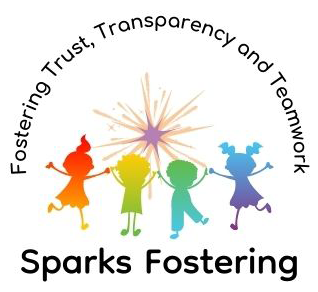Preparation for Leaving Care
Every good parent prepares their child for independence; for example, even when a child is a toddler, responsible parents would try to teach their child to eat a varied and healthy diet so that they may continue to eat well into adult life. Children should be taught to maintain healthy relationships, believe in themselves, be kind and patient, to be ambitious and to make the most of life’s opportunities, whilst accepting the lessons to be learned from challenging situations. The lessons start from a young age and continue into adult life.
For children in foster care the move to independent living can be more difficult than for their peers because children in foster care may leave at age 16 if they want to, most leave at age 18 and a few may stay on to 21 (or 25 if they’re in further education). This is different from most of their peers, many of whom won’t move out until they’re much older and even then most children may return to stay with their families for a few days, in holidays etc. This option isn’t always available to children who leave foster care. Leaving foster care can be an isolating and frightening experience for many children. Sparks Fostering does it’s utmost to encourage foster carers to build enduring relationships with the children in their care so that the children may remain in touch after the fostering placement ends. Sparks Fostering acknowledges the moral responsibility we have towards all of the children in our care and we expect Sparks foster carers to have the same approach.
Every child in foster care has formal ‘care plans’, led by the children’s social worker, to agree actions which would help the child in their current life and also helps the child to prepare for their adult life. The plans include the wishes and feelings of the child, and the views/actions of the children’s social worker, education staff, healthcare staff, foster carers, the foster carer’s social worker and any other involved professionals. Contact with family and significant others would also be considered. Foster carers are expected to be mindful of the child’s formal plans and to do everything they can to support the child to meet the targets outlined in the plan: This would maximise the likelihood that the child receives best care whilst they are in foster care and also that they can have a successful adult life.







